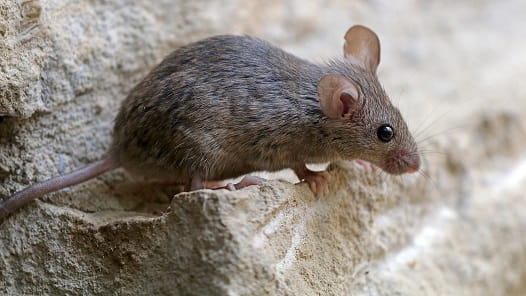Protect yourself against Hanta Virus
Health officials are reminding residents to take precautions against hantavirus when in areas potentially infested by rodents.
People can get hantavirus by breathing in contaminated airborne particles from the droppings, urine and saliva of infected deer mice. Hantavirus infection is rare but it can be fatal. Symptoms of hantavirus include fever, muscle aches, cough, headaches, nausea, and vomiting. These symptoms can quickly develop into a severe and often fatal lung disease called hantavirus pulmonary syndrome.
“Seek urgent medical attention if you develop a fever, coughing and shortness of breath within one to six weeks of exposure to potentially infested areas,” Saskatchewan’s Chief Medical Health Officer Dr. Saqib Shahab said.
Exposure to hantavirus most often occurs when people clean up enclosed buildings such as grain bins, sheds, barns, garages, trailers, cottages and homes, or farm equipment and vehicles that have been in storage.
“Be aware of the risk and take the necessary precautions to avoid direct contact with mouse droppings or inhaling contaminated air particles,” Shahab said.

When cleaning rodent-infested areas:
- Ventilate the building by opening doors and windows for at least 30 minutes before cleaning;
- Use wet mopping methods and wear rubber or plastic gloves;
- Wear goggles and a well-fitting N-95 type filter mask when cleaning areas contaminated by droppings in a confined space;
- Dampen areas contaminated with rodent droppings with bleach disinfectant and remove droppings with a damp mop or cloth;
- Avoid using dry cleaning methods such as dusting, sweeping, vacuuming or air-hosing;
- Steam clean, shampoo or spray upholstered furniture with a detergent, disinfectant or a mixture of bleach and water; and
- Wash clothes and bedding with detergent in hot water.
You can also reduce exposure to hantavirus by:
- Blocking openings that might allow rodents to enter a building;
- Storing human and animal food, water and garbage in containers with tightly-fitted lids; and
- Moving woodpiles or other potential hiding places for mice away from your home.
There have been 31 cases of hantavirus pulmonary syndrome reported in Saskatchewan since 1994, 10 of which resulted in death.
For more information on hantavirus, visit the Government of Saskatchewan website at www.saskatchewan.ca/residents/health/diseases-and-conditions/hantavirus and HealthLine Online at www.healthlineonline.ca. For advice on symptoms or when to seek care, call HealthLine 811.
-30-
For more information, contact:
Shirley Xie
Health
Regina
Phone: 306-787-4083
Email: Shirley.Xie@health.gov.sk.ca